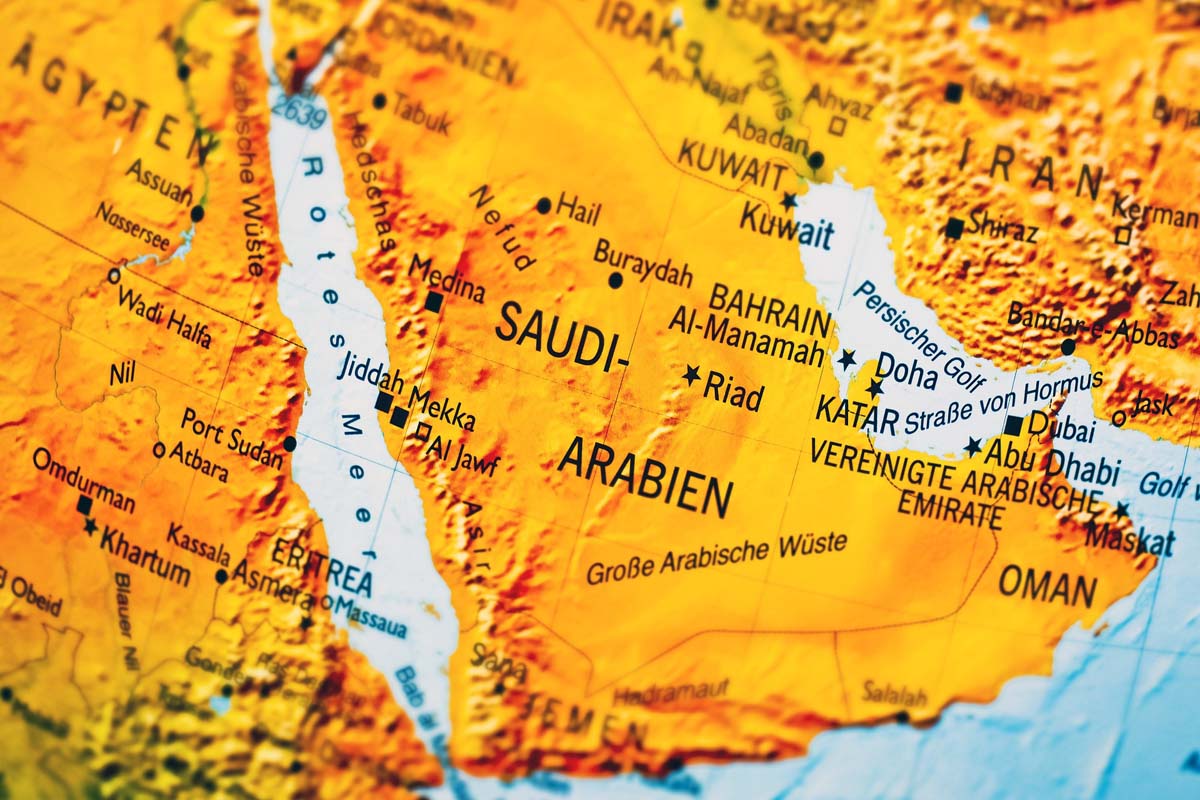
403
Sorry!!
Error! We're sorry, but the page you were looking for doesn't exist.
US-allowed disorder in Middle East continues
(MENAFN) Israeli Prime Minister Benjamin Netanyahu’s recent visit to the United States has sparked reflections on the enduring nature of American policy in the Middle East, regardless of who occupies the White House. Analysts have noted that despite different administrations, Washington’s strategy in the region remains steadfast, contributing to what some perceive as a trajectory towards self-destructive outcomes due to a refusal to pivot towards compromise.
In recent years, the United States media has often portrayed figures like Kamala Harris and Donald Trump as starkly contrasting in their approaches. However, deeper analysis reveals significant continuity in the American approach to West Asia and beyond, particularly concerning strategies that prioritize regional hegemony through alliances, with Israel playing a pivotal role.
A key aspect of this strategy has been the formulation of what is colloquially referred to as an ‘Arab NATO,’ aimed at consolidating regional alliances to counter the influence of entities like the Islamic Republic of Iran. This approach emerged prominently towards the end of the Obama administration, which faced a critical juncture: pursue a path of reconciliation with Iran or intensify regional alliances potentially leading to heightened tensions and conflict.
The War on Terror, which spanned decades and incurred vast human and economic costs, underscored the complexities of American engagement in the region. While there were moments of diplomatic breakthrough, such as the signing of the Joint Comprehensive Plan of Action (JCPOA) in 2015 under Barack Obama, hopes for a transformative shift were short-lived.
The analysis suggests that despite changes in leadership and rhetoric, successive United States administrations have maintained a strategic alignment that prioritizes security alliances and military engagements in the Middle East. This approach has faced criticism for its perceived failure to adapt to evolving regional dynamics and for perpetuating cycles of instability.
As debates continue on America’s role in the Middle East, the examination of policy continuities under different administrations offers insights into the enduring challenges and dilemmas shaping US foreign policy. The implications of this continuity are profound, influencing not only regional dynamics but also global perceptions of American leadership and its commitment to peace and stability in one of the world’s most volatile regions.
In recent years, the United States media has often portrayed figures like Kamala Harris and Donald Trump as starkly contrasting in their approaches. However, deeper analysis reveals significant continuity in the American approach to West Asia and beyond, particularly concerning strategies that prioritize regional hegemony through alliances, with Israel playing a pivotal role.
A key aspect of this strategy has been the formulation of what is colloquially referred to as an ‘Arab NATO,’ aimed at consolidating regional alliances to counter the influence of entities like the Islamic Republic of Iran. This approach emerged prominently towards the end of the Obama administration, which faced a critical juncture: pursue a path of reconciliation with Iran or intensify regional alliances potentially leading to heightened tensions and conflict.
The War on Terror, which spanned decades and incurred vast human and economic costs, underscored the complexities of American engagement in the region. While there were moments of diplomatic breakthrough, such as the signing of the Joint Comprehensive Plan of Action (JCPOA) in 2015 under Barack Obama, hopes for a transformative shift were short-lived.
The analysis suggests that despite changes in leadership and rhetoric, successive United States administrations have maintained a strategic alignment that prioritizes security alliances and military engagements in the Middle East. This approach has faced criticism for its perceived failure to adapt to evolving regional dynamics and for perpetuating cycles of instability.
As debates continue on America’s role in the Middle East, the examination of policy continuities under different administrations offers insights into the enduring challenges and dilemmas shaping US foreign policy. The implications of this continuity are profound, influencing not only regional dynamics but also global perceptions of American leadership and its commitment to peace and stability in one of the world’s most volatile regions.

Legal Disclaimer:
MENAFN provides the
information “as is” without warranty of any kind. We do not accept
any responsibility or liability for the accuracy, content, images,
videos, licenses, completeness, legality, or reliability of the information
contained in this article. If you have any complaints or copyright
issues related to this article, kindly contact the provider above.

















Comments
No comment